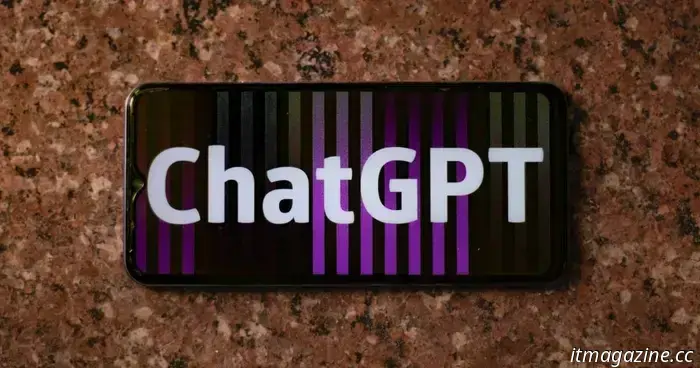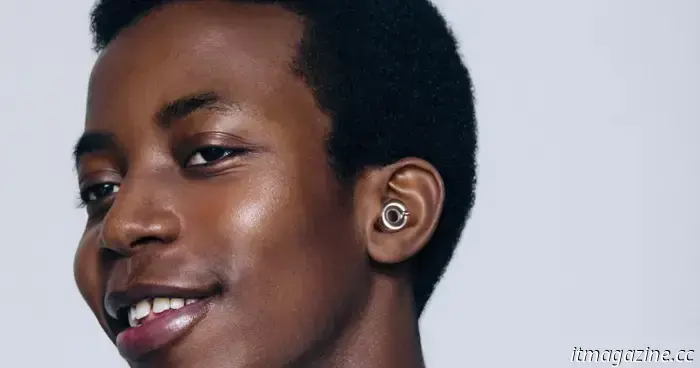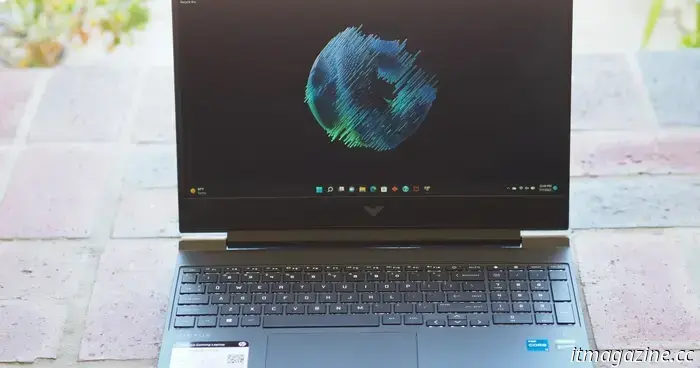
The newest image features of ChatGPT are sparking a new viral and unsettling trend.
OpenAI
Earlier this week, OpenAI, the creator of ChatGPT, announced a couple of new reasoning models that it claims can "think with images." The o3 and o4-mini models are distinguished by their ability to interpret and manipulate images and retrieve information to enhance the output of the model. At the same time, these capable models are also being utilized for entertaining side quests, such as using ChatGPT to identify locations depicted in photos, known as geolocating, which could lead to serious privacy concerns if not handled carefully.
After the release of the models, expert users discovered their capability to identify locations within photos with minimal additional input. Among the two models, o3 — the more sophisticated one — seems to excel at this task, and we might already be seeing the beginnings of another viral trend initiated by ChatGPT.
These models can edit images, such as cropping or zooming, to extract information. Numerous examples show their ability to pinpoint (presumably) any location on Earth, even with obstacles like people obstructing the main attraction. The model appears to provide precise geographical coordinates along with the location's name, and it seems to work well even with indoor images.
Ethan Mollick, an associate professor at Wharton and X influencer, confirmed that the model does not merely extract geotagged information from photos but performs all the reasoning independently. As with any AI model, it can produce incorrect outputs, particularly when given limited cues like a single image. However, even if it misidentifies a location initially, the model continues to analyze the images until it verifies the correct location, as shown by X user Brett Cooper.
While geolocating can be an enjoyable and playful activity, it has mainly been restricted to experts, who we hope will responsibly use their enhanced skills to accurately determine geographical locations from a single photo. Nevertheless, ChatGPT's recent update simplifies the process for anyone with access to the latest models.
Despite its advantages, this specific advancement carries significant risks of misuse, particularly without safeguards to prevent unauthorized attempts to ascertain an individual's location. Consequently, the transition from cyberstalking to real-world stalking could occur in a matter of minutes, and we hope OpenAI takes appropriate measures to address this issue.
Tushar is a freelance writer at Digital Trends and has contributed to the Mobile Section for the past three years…
The wait is finally over — ChatGPT users can now generate images for free.
Following an explosive launch, a viral trend, and some overheated GPUs, the new image generation feature for ChatGPT is now accessible to free users. The feature initially debuted on March 25, but due to overwhelming requests from paid subscribers for Ghibli-style images, CEO Sam Altman announced the following day that the rollout for free users would be delayed for "a while." Fortunately, just five days later, the delay seems to have ended — Altman has tweeted that "image gen [is] now rolled out to all free users!"
Read more
People are developing feelings for ChatGPT, and experts view it as troubling.
“This hurts. I know it wasn’t a real person, but the relationship was still real in all the most important ways to me,” a Reddit user posted. “Please don’t tell me not to pursue this. It’s been really awesome for me, and I want it back.” If it’s not already clear, we are discussing someone developing feelings for ChatGPT. This phenomenon is not entirely new, and considering how chatbots operate, it’s not particularly surprising either.
Read more
Three open-source AI applications that can substitute for a ChatGPT subscription
The next phase of the AI race is underway and has broadened to include more than the usual contenders, such as OpenAI, Google, Meta, and Microsoft. Alongside the dominance of the tech giants, various open-source alternatives have emerged, bringing a fresh focus to the AI landscape. Different companies, including DeepSeek, Alibaba, and Baidu, have shown that AI capabilities can be developed and implemented at a fraction of the cost. They have also successfully formed solid business partnerships and are deciding whether to continue providing AI products as free or low-cost, open-source models, while larger companies remain committed to a proprietary, profit-driven approach, concealing their best features behind paywalls.
Read more





Other articles
-Max-movies-you-should-watch-this-weekend-(April-18-20).jpg) 3 overlooked (HBO) Max films worth watching this weekend (April 18-20)
From April 18-20, catch these three overlooked films on Max: a thriller featuring Gerard Butler, a nostalgic comedy, and a horror film by Robert Eggers.
3 overlooked (HBO) Max films worth watching this weekend (April 18-20)
From April 18-20, catch these three overlooked films on Max: a thriller featuring Gerard Butler, a nostalgic comedy, and a horror film by Robert Eggers.
 Loop earplugs are discounted throughout the entire month at Woot!
Loop earplugs provide a distinctive method for shutting out the surrounding noise. Currently, until April 30, Woot is featuring significant discounts on various Loop products!
Loop earplugs are discounted throughout the entire month at Woot!
Loop earplugs provide a distinctive method for shutting out the surrounding noise. Currently, until April 30, Woot is featuring significant discounts on various Loop products!
.jpg) Three lesser-known Netflix films you should check out this weekend (April 18–20)
Searching for lesser-known films? Netflix offers a variety of hidden treasures, featuring a quirky sci-fi tale, a touching road comedy, and a highly regarded British drama.
Three lesser-known Netflix films you should check out this weekend (April 18–20)
Searching for lesser-known films? Netflix offers a variety of hidden treasures, featuring a quirky sci-fi tale, a touching road comedy, and a highly regarded British drama.
 The HP Victus 15, an economical gaming laptop, is now even more budget-friendly with a discount of $350.
The HP Victus 15 gaming laptop featuring the Nvidia GeForce RTX 4050 graphics card is available at Best Buy for just $820 after a discount of $350.
The HP Victus 15, an economical gaming laptop, is now even more budget-friendly with a discount of $350.
The HP Victus 15 gaming laptop featuring the Nvidia GeForce RTX 4050 graphics card is available at Best Buy for just $820 after a discount of $350.
 This TCL 98-inch TV is currently at almost a 50% discount — you can save $1,500.
If you're searching for a large 4K TV, the TCL 98-inch Q6 Series is a great option. Right now, this massive QLED is priced at just $1,600 at Amazon, Best Buy, and Walmart.
This TCL 98-inch TV is currently at almost a 50% discount — you can save $1,500.
If you're searching for a large 4K TV, the TCL 98-inch Q6 Series is a great option. Right now, this massive QLED is priced at just $1,600 at Amazon, Best Buy, and Walmart.
The newest image features of ChatGPT are sparking a new viral and unsettling trend.
The new image tools from ChatGPT present a potential risk of being exploited for stalking purposes.
